Apple significantly accelerated the upgrade cycle for Mac OS X on Thursday, announcing just seven months after the release of Lion that the next major version of OS X will be available in summer 2012. Dubbed Mountain Lion (we note no mention of a version number, like 10.8), the new OS will bring even more iOS-like features to the Mac, including Messages, Notes, and Reminders. Registered Mac developers have access to the first developer preview starting today.
Mountain Lion will offer increased integration between iOS and OS X. A new Messages app replaces iChat, which can send messages, video, and images between Macs and iOS devices (yes, iMessage has come to the desktop). According to Apple, Messages will continue to support AIM, Jabber, Yahoo Messenger, and Google Talk. A beta version of Messages is available to all Lion users starting today (thought at the time of publishing the download is currently unavailable).

Mountain Lion will also include Mac versions of Notes, Reminders, Game Center, Notification Center, Share Sheets, OS-wide Twitter integration, and AirPlay Mirroring. Many of the new apps, such as Notes, Reminders, and Messages, will sync seamlessly with iOS devices and other Macs connected to your iCloud account. Game Center will enable live multiplayer gameplay between Macs, iPhones, iPads, and iPod touches.

Share Sheets will let users share and tweet links, photos, and videos from any app that supports them, including Safari, Quick Look, Preview, and more. Third party developers will be able to add Share Sheet support to their own apps as well. Notification Center will centralize alerts from apps like Mail, Calendar, and Reminders, as well as offering a centralized API for developers to send alerts as well (so long, Growl). Finally, AirPlay Mirroring enables any Mac to send a 720p video stream to an Apple TV (though apparently not to an iOS device).

Mountain Lion includes additional improvements, like updated iCloud support. In addition to offering a single sign-in to set up Contacts, Mail, Calendar, Messages, FaceTime, and Find My Mac, improved iCloud Documents APIs will make it easier to keep files stored in iCloud updated across Macs and iOS devices. There’s also improved Chinese language support, including access to common services like Baidu, QQ, Youku, Tudou, Sina weibo, as well as enhancements to Chinese input.
An interesting new feature called Gatekeeper is designed to offer improved security for installed third-party apps. Essentially, Gatekeeper can be configured to install apps from any source, from developers with a special developer ID provided by Apple labeling them as “trusted,” or strictly from the Mac App Store. Users have expressed concern since the introduction of the Mac App Store that Apple would eventually limit all app downloads to those from the Store; while Gatekeeper could be viewed as another step towards that goal, we think it provides some level of granularity in controlling what sources a user can get apps from. Furthermore, it will likely be a welcome feature in enterprise settings, where admins could limit access as required by security policies without completely eliminating the ability for users to install apps themselves.

Developers gain access to “hundreds” of new APIs, many of which debuted on iOS 5, such as GLKit for integration OpenGL support. Other APIs include GameKit, 64-bit QuickTime, and enhanced multitouch. Mountain Lion will also include a revamped graphics subsystem and improved address space layout randomization for better security.
As noted, Mac OS X Mountain Lion is expected to be released this summer, and will likely be a $29.99 purchase via the Mac App Store.

